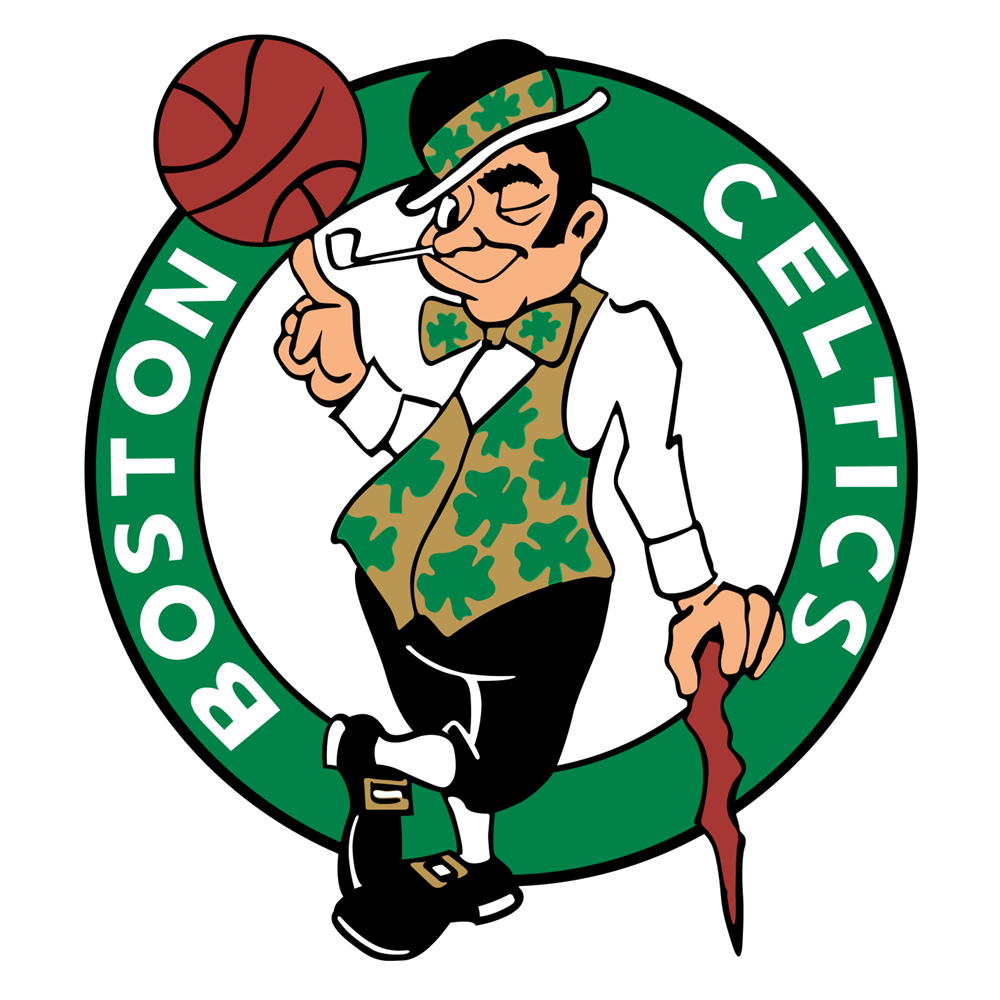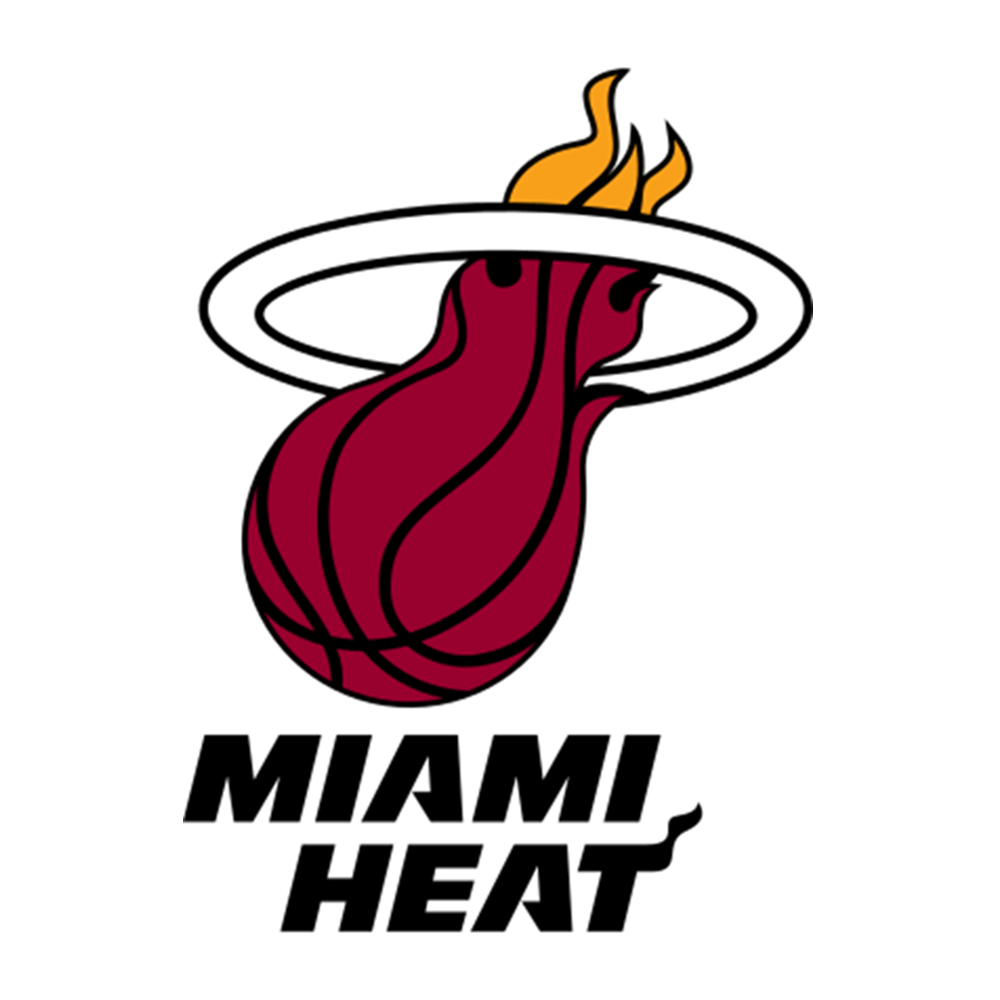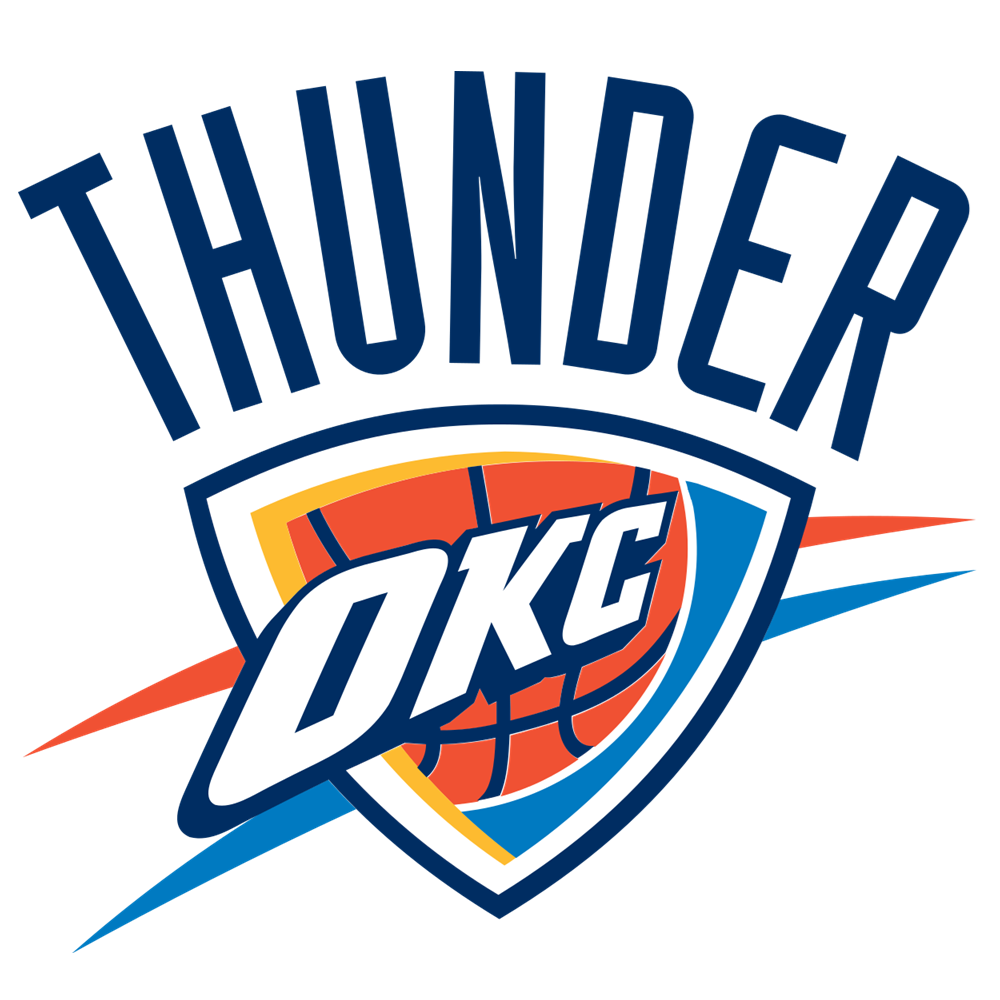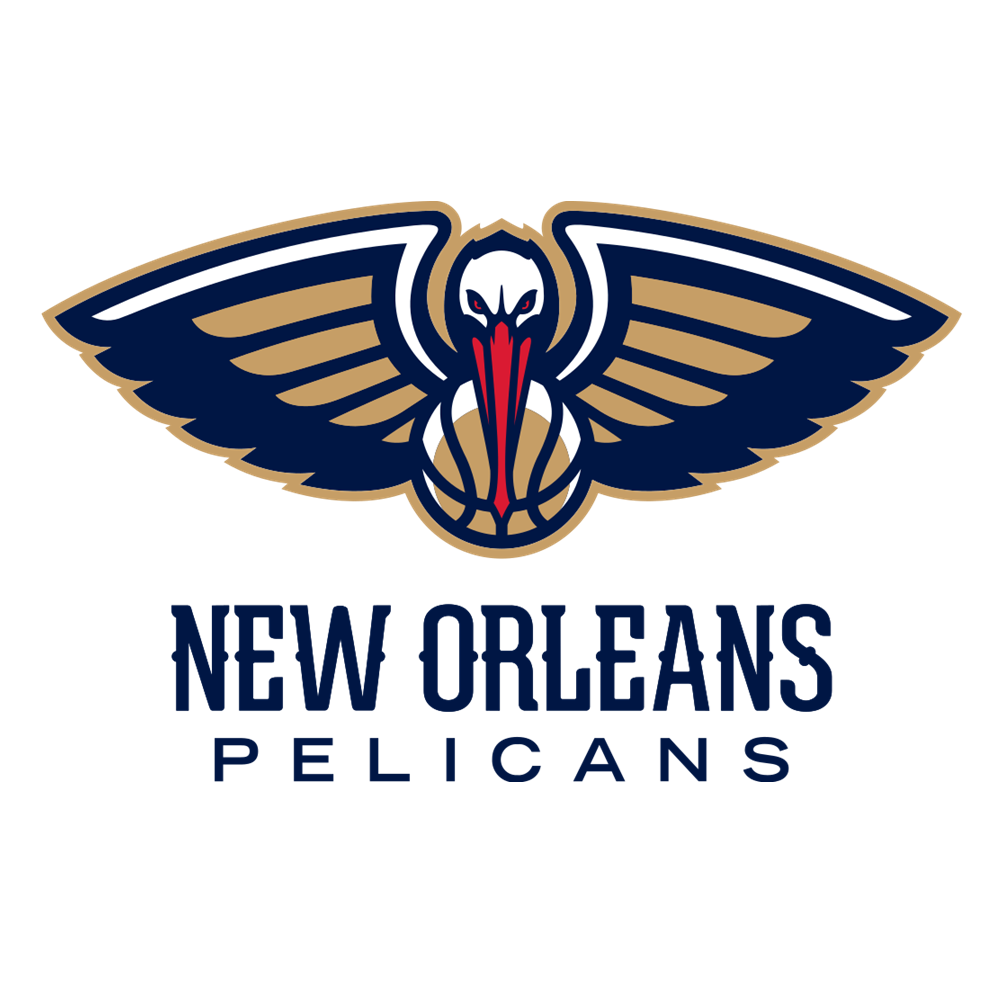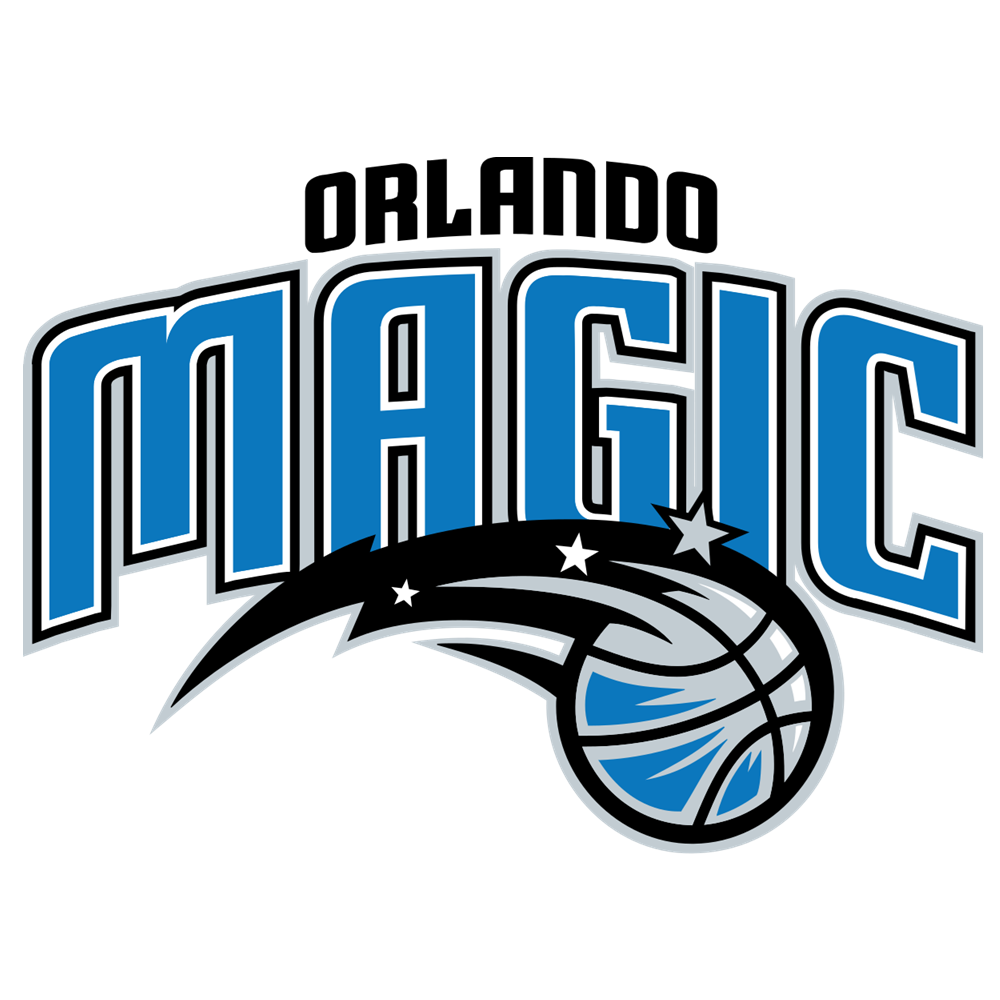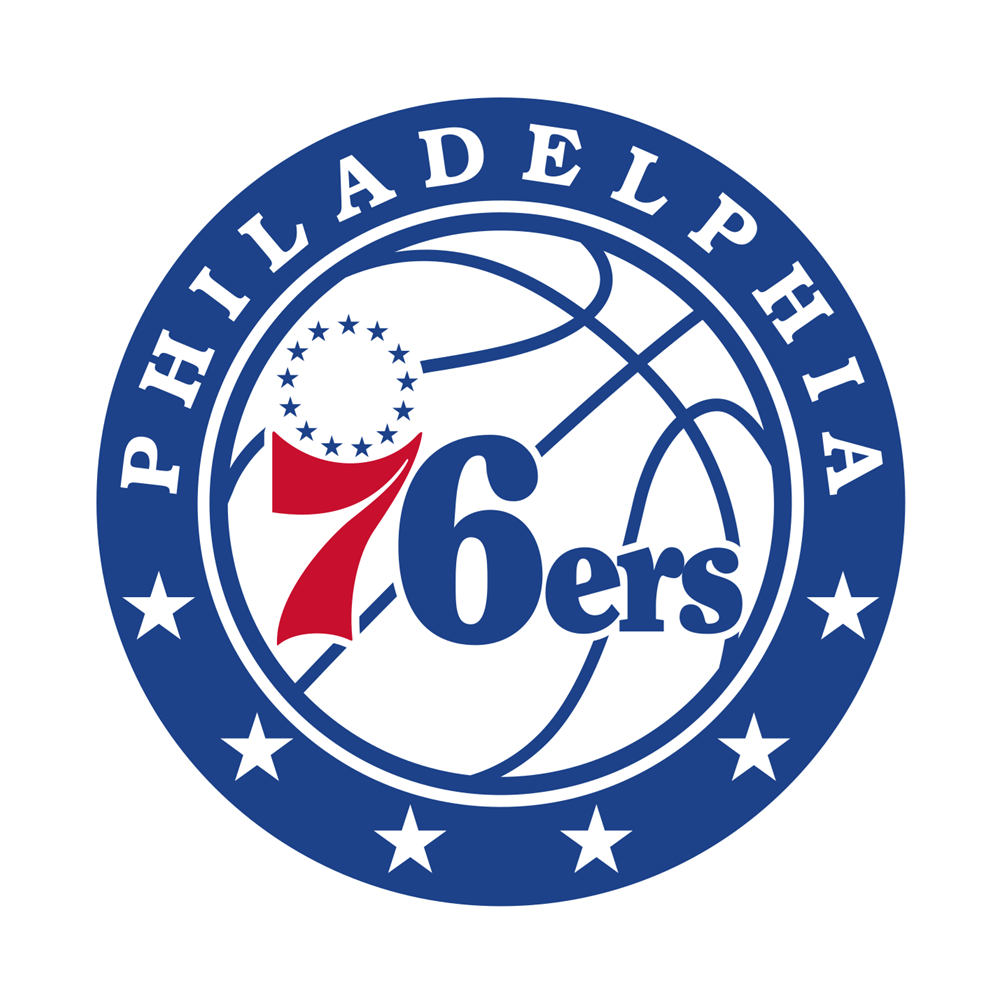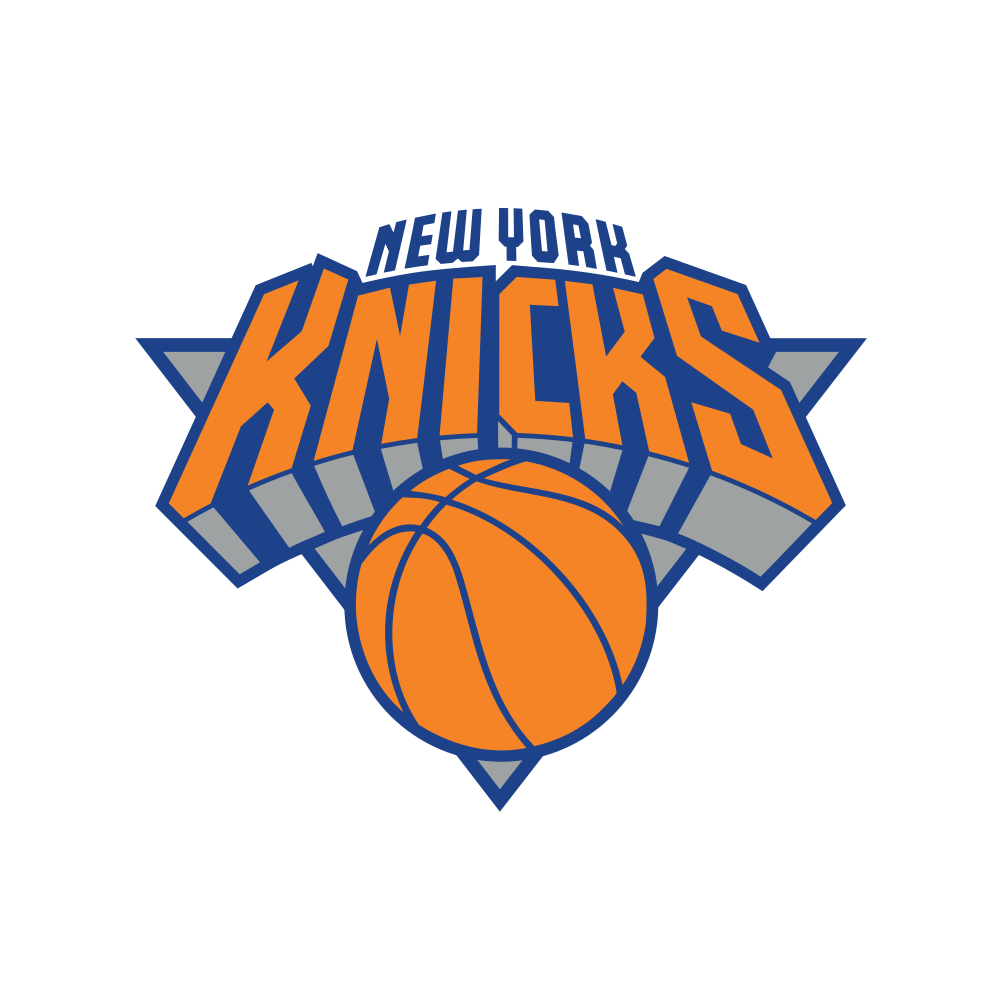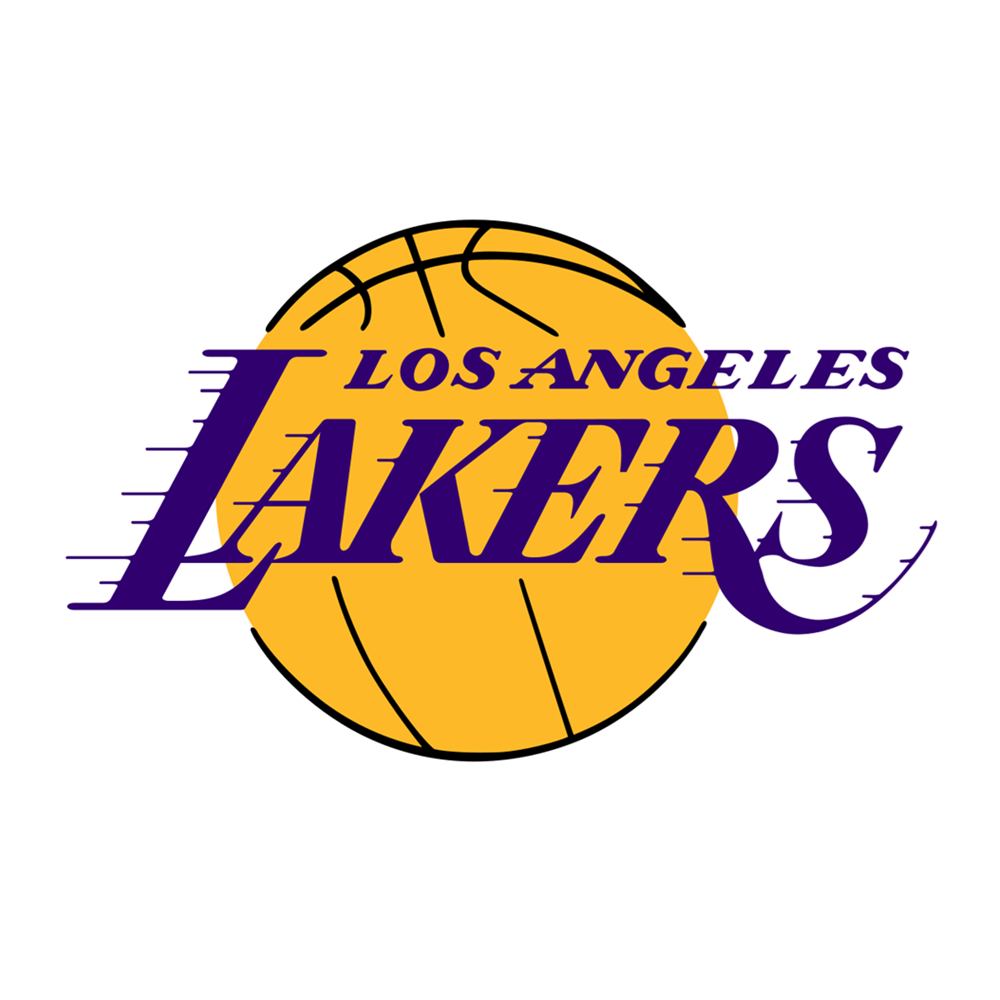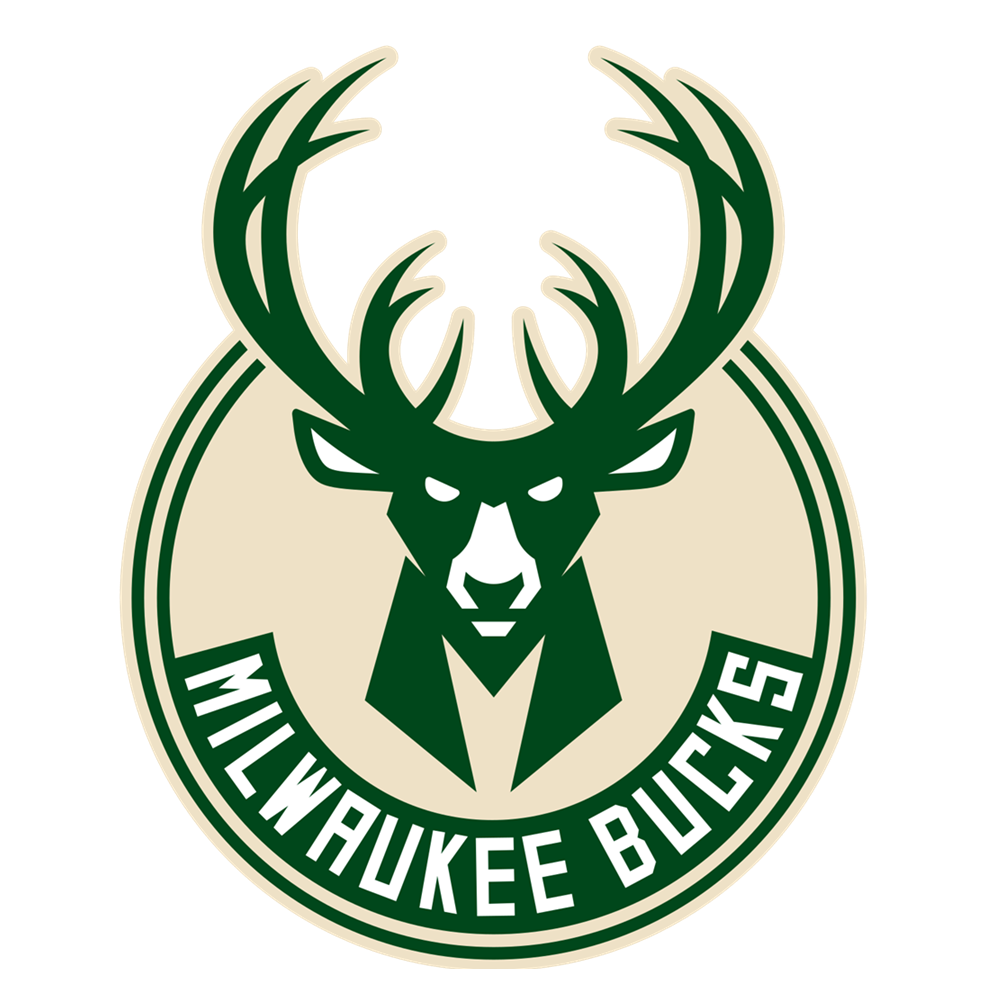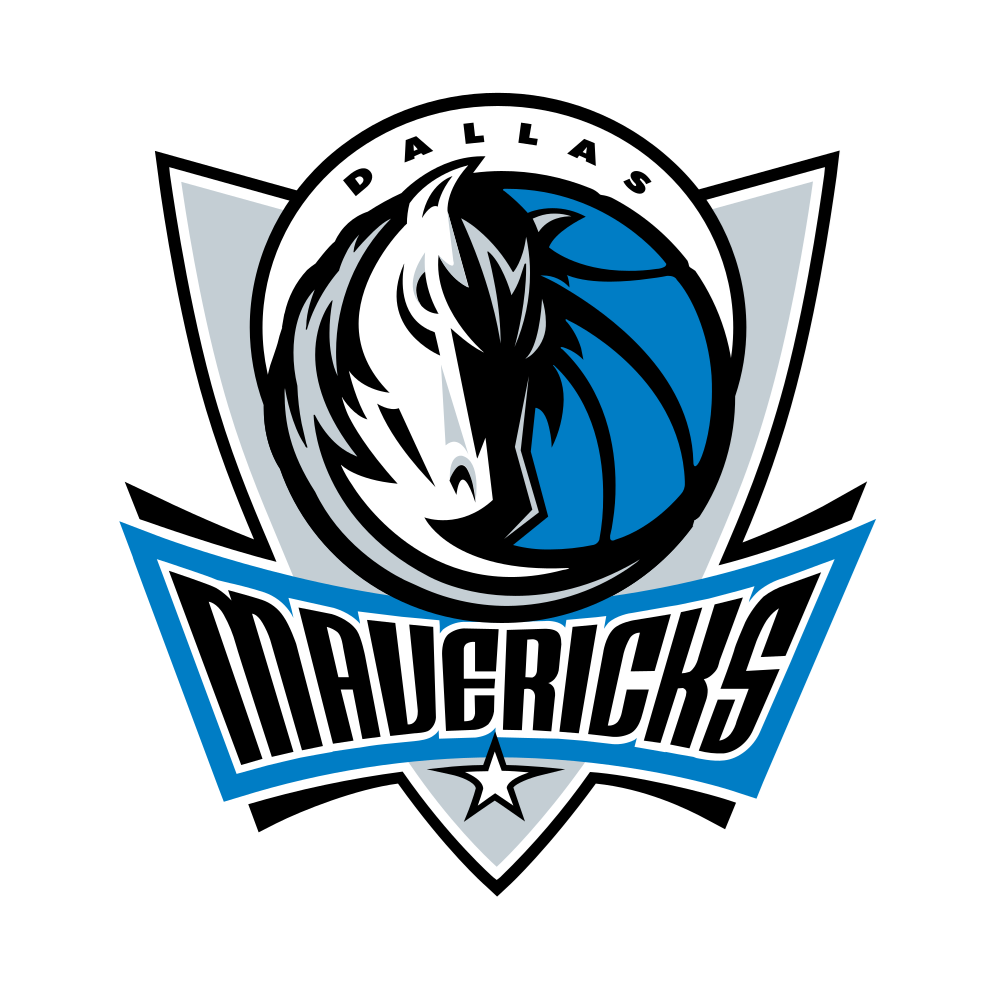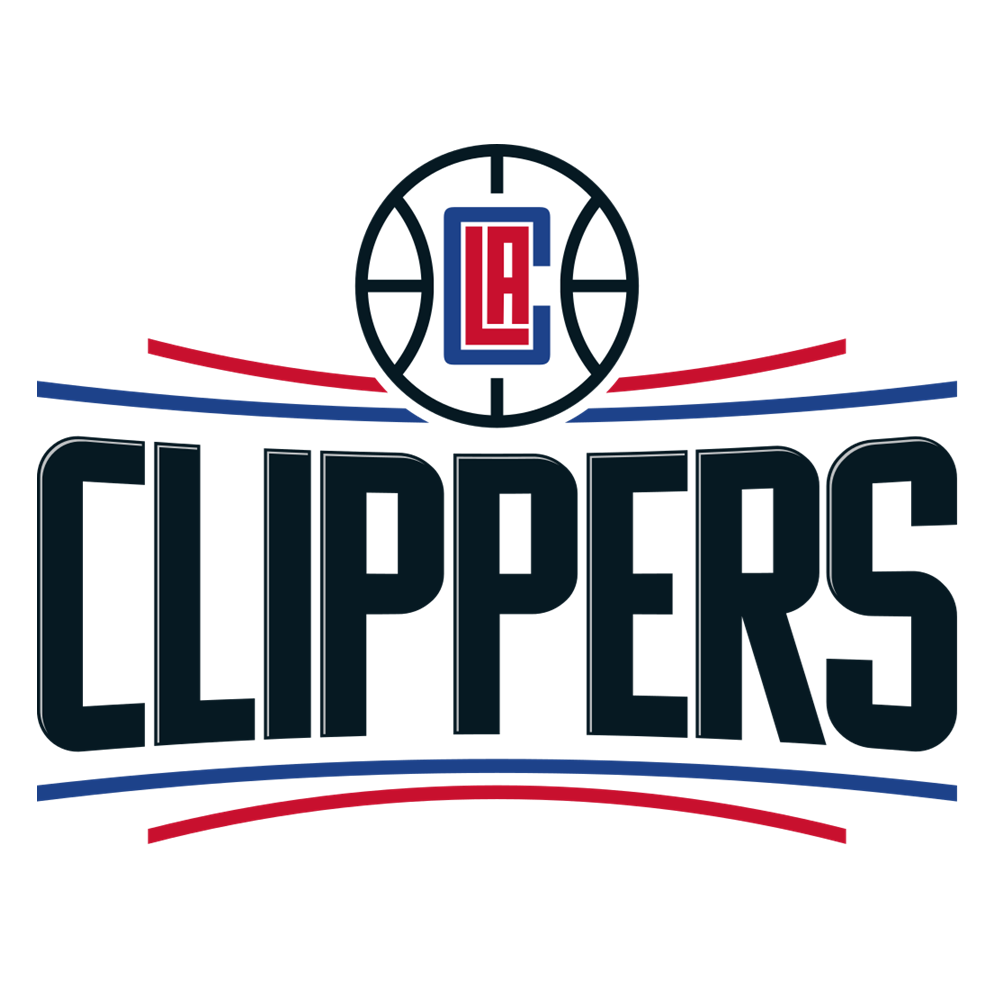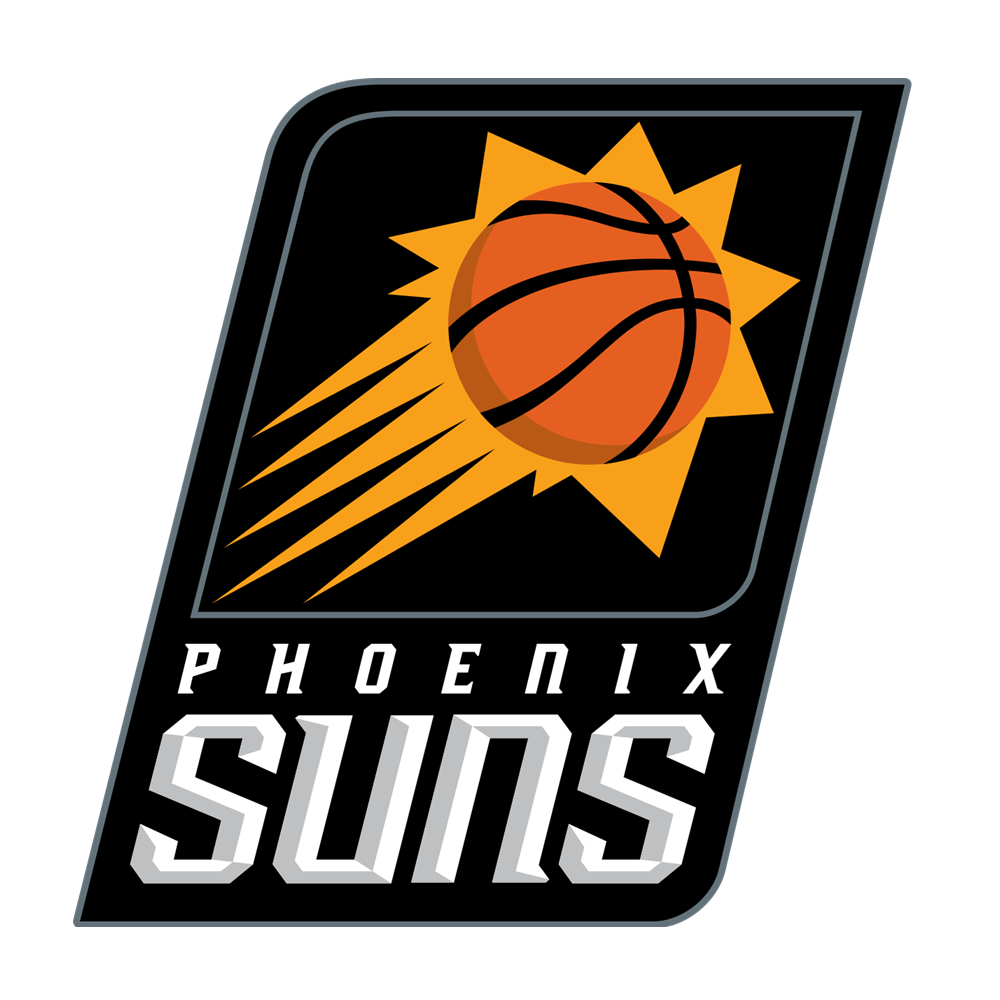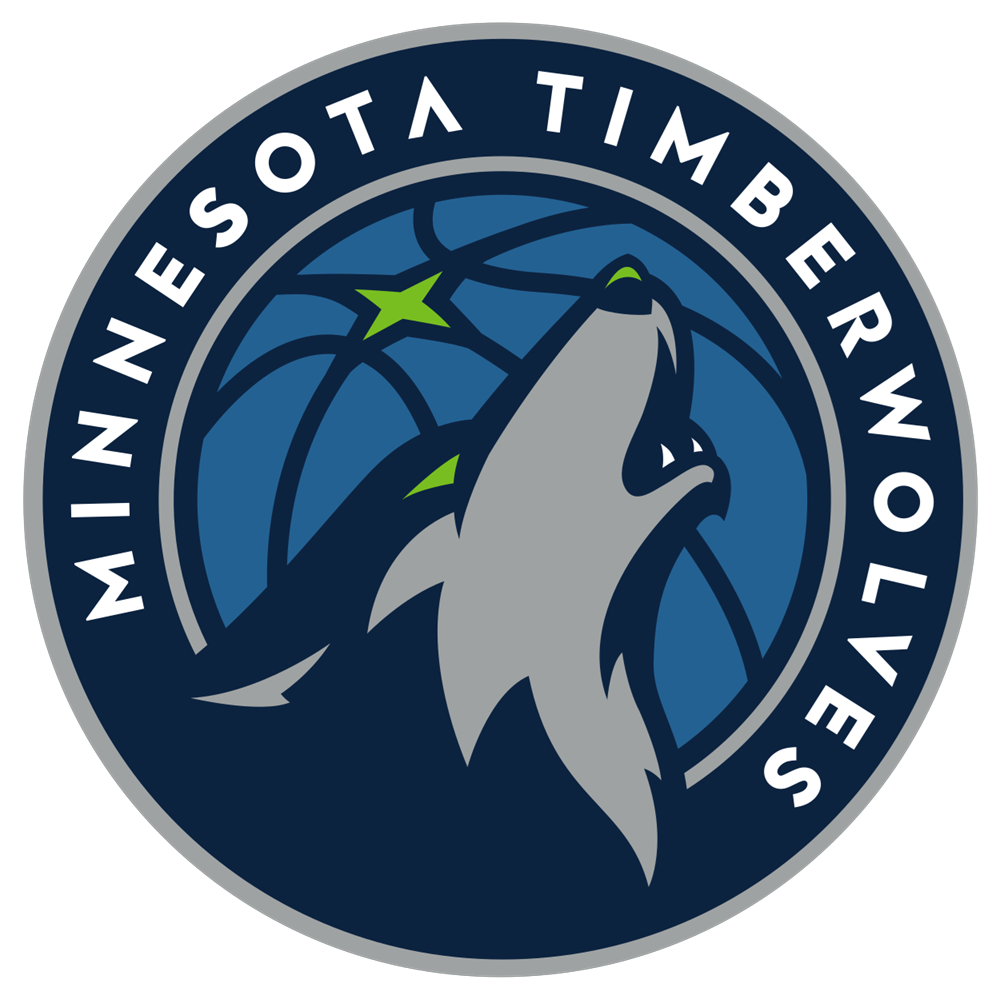In recent seasons, the trade value of the large expiring contract has been shrinking. As maximum contract lengths have gotten shorter after the 2005 and 2011 Collective Bargaining Agreements, and as the salary cap has grown enormously, teams have had much more cap room and financial flexibility than they had had previously. They therefore simply did not need the expiring contracts as much.
There was a time when expiring contracts were highly valued premiums, and, whether that power was wielded wisely or otherwise, the teams that owned them had considerable bargaining power. Trades based around this principle litter the entire 2000s, yet the concept was perhaps best personified by the Scott Layden/Isiah Thomas-era New York Knicks, who would constantly take on big contracts then trade them for longer, bigger contracts once they approached their expiry date. They did not do this well, but they did do this consistently, in a matter that simply is not seen now.
However, this like all matters is cyclical. And soon, the expiring contract might become a thing again.
A significant factor in play here is the enormous league-wide free agency overspend of 2016, a summer in which a combined $909,336,223 was handed out to Chandler Parsons, Bismack Biyombo, Evan Turner, Meyers Leonard, Solomon Hill, Allen Crabbe, Timofey Mozgov, Luol Deng, J.R. Smith, Marvin Williams, Ryan Anderson, Joakim Noah, Ian Mahinmi and Miles Plumlee.
(All of those contracts except one - Smith - are due to expire in the summer of 2020. I will not be writing this article again in two year’s time.)
Those contracts have clogged the salary cap pictures of their respective teams with non-star talents, the very situation that made large expiring contracts so valuable in the first place. If a team has the stars in place to compete, they want the rest as flexible as possible to be able to keep them around and shuffle the bench; if they do not have that luxury, they need to cut costs in order to accumulate the key foundation pieces going forward. These contracts achieve neither, nor are they the foundation pieces. At the very least, any overlarge contracts need to be close to expiring. And that is not the case much right now.
There will come a day that the above will be large expiring contracts in their own right. When that day comes, the cycle will have come full circle. But before then, they are the contracts for which their incumbent teams now seek the large expirings. They will be the supply, but before that, they are the demand. Because of deals like these, big short term deals have their uses once again.
Also helping a potential renaissance is the fact that the salary cap has stopped rising. It was this dramatic increase that had most directly negated the impact of the expiring contract - the cap relief they offered simply was not needed when a better option was available.
The salary cap rising from $63.065 million in 2014/15 to $99.093 million this season in such a short space of time, combined with the added limitations on spending (shorter contracts, smaller maximum increases, greater restrictions on exceptions) and financial incentives to stay cheap (more punitive luxury tax penalties, amnesty waivers, nothing of any significant importance happening in the event that the salary floor is missed) meant a whole of teams having a whole load of cap room. There was more salary cap space that could be spent on players in theory than there ever could have been actually spent in practice, despite the best efforts of some with the bad contracts above.
However, the vast increases were a one-time cycle that has now stopped. And with exceptions and maximum salary sizes now commensurate with the enlarged cap amount after the 2017 CBA negotiations, the excess of cap space is no longer the case either. Teams this season do not have all the unspent cap space that they have done in the very recent past. Even the Philadelphia 76ers have spent that money up now.
The idea of cap space going unspent at all would have been blasphemous not so long ago - lest we forget, only three teams at all had cap room in the summer of 2009 – yet that is precisely what had been happening since the onset of The Process. Whereas once teams would attach draft assets to bad contracts in order to trade them to teams with expiring contracts, they have instead been sending them to teams with cap room, taking back no salary at all.
With this avenue now largely shut down, though, the expiring contracts might soon be back en vogue. Especially since there are so few of them. In theory, then, teams with large expiring contracts should be able to leverage them into decent trade value.
We looked yesterday at the curious cases of Dewayne Dedmon of the Atlanta Hawks, Nikola Mirotic of the Chicago Bulls and Trevor Booker of the 76ers. Using the discovery that Dedmon is being shopped as a framework, we explored whether Dedmon, had he been signed to a bigger amount of salary per annum, would have more trade value despite how antithetical deliberate overpayments normally are to the concept of efficient, fluid team-building, In essence, we asked if Dedmon would have more trade value were he not an expiring contract. But now that he is, how much value does he have?
If Dedmon's contract - hereby detached from Dedmon the player - is to have value in trade, then it needs to be valuable. And for it to be valuable, it needs to be a hard-to-find commodity. Fortunately for Atlanta, there are few large expiring contracts attached to non-star players right now. The list of the largest expiring salaries (all $5 million or above) around the league reads thus;
Atlanta: Marco Belinelli - $6,606,060
Atlanta: Dewayne Dedmon - $6,000,000 ($6,300,000 player option)
Atlanta: Ersan Ilyasova - $6,000,000
Brooklyn: Jeremy Lin - $12,000,000 ($12,516,746 player option)
Chicago: Nikola Mirotic - $12,500,000 ($12,500,000 team option)
Cleveland: LeBron James $33,285,709 ($35,607,968 player option)
Cleveland: Iman Shumpert - $10,337,079 ($11,011,234 player option)
Cleveland: Channing Frye - $7,420,912
Cleveland: Isaiah Thomas - $6,261,395
Dallas: Wesley Matthews - $17,884,176 ($18,622,514 player option)
Dallas: Josh McRoberts - $6,021,175
Dallas: Dirk Nowitzki - $5,000,000 ($5,000,000 player option)
Denver: Wilson Chandler - $12,016,854 ($12,800,562 player option)
Denver: Darrell Arthur - $7,464,912 ($7,464,912 player option)
Detroit: Avery Bradley - $8,808,989
Golden State: Kevin Durant - $25,000,000 ($26,250,000 player option)
Golden State: Nick Young - $5,192,000
Houston: Chris Paul - $24,599,495
Houston: Trevor Ariza - $7,420,912
Indiana: Thaddeus Young - $14,796,348 ($13,764,045 player option)
Indiana: Bojan Bogdanovic - $10,500,000 ($10,500,000 unguaranteed salary for 2018/19; $1.5 million guaranteed)
Indiana: Darren Collison - $10,000,000 ($10,000,000 unguaranteed salary for 2018/19; $2 million guaranteed)
Indiana: Al Jefferson - $9,769,821 ($10,000,000 unguaranteed salary for 2018/19; $4 million guaranteed)
Indiana: Cory Joseph - $7,630,000 ($7,945,000 player option)
L.A. Clippers: DeAndre Jordan - $22,642,350 ($24,119,020 player option)
L.A. Clippers: Austin Rivers - $11,825,000 ($12,650,000 player option)
L.A. Clippers: Lou Williams - $7,000,000
L.A. Clippers: Milos Teodosic - $6,000,000 ($6,300,000 player option)
L.A. Clippers: Wesley Johnson - $5,881,260 ($6,134,520 player option)
L.A. Clippers: Patrick Beverley - $5,513,514
L.A. Lakers: Brook Lopez - $22,642,350
L.A. Lakers: Kentavious Caldwell-Pope - $17,745,894
L.A. Lakers: Corey Brewer - $7,579,366
Memphis: Brandan Wright - $5,955,760
Miami: Wayne Ellington - $6,270,000
Milwaukee: Jabari Parker - $6,782,392
Minnesota: Cole Aldrich - $7,300,000 ($6,956,021 unguaranteed salary for 2018/19; $2,056,021 guaranteed)
New Orleans: DeMarcus Cousins - $18,063,850
New York: Enes Kanter - $20,566,802 ($18,622,514 player option)
Oklahoma City: Carmelo Anthony - $26,243,760 ($27,928,140 early termination option)
Oklahoma City: Paul George - $19,508,958 ($20,703,384 player option)
Orlando: Shelvin Mack - $6,000,000 ($6,000,000 unguaranteed salary for 2018/19; $1 million guaranteed)
Orlando: Aaron Gordon - $5,504,420
Philadelphia: J.J. Redick - $23,000,000
Philadelphia: Amir Johnson - $11,000,000
Philadelphia: Trevor Booker - $9,125,000
Phoenix: Greg Monroe - $17,884,176
Phoenix: Alan Williams - $6,000,000 ($5,520,000 unguaranteed salary for 2018/19)
Portland: Ed Davis - $6,352,531
Sacramento: Kosta Koufos -$8,393,000 ($8,739,500 player option)
Sacramento: Vince Carter - $8,000,000
Sacramento: Garrett Temple - $8,000,000 ($8,000,000 player option)
San Antonio: Tony Parker - $15,453,126
San Antonio: Danny Green - $10,000,000 ($10,000,000 player option)
San Antonio: Rudy Gay - $8,406,000 ($8,826,300 player option)
Utah: Derrick Favors - $12,000,000
Utah: Joe Johnson - $10,505,000
Utah: Thabo Sefolosha - $5,250,000
Washington: Jason Smith - $5,225,000 ($5,450,000 player option)
It seems like a lot to begin with, 59 in total. But it quickly becomes slim pickings with some simple parsing-down.
Many players are on the list only because their contracts are expiring or could be via an option, and not because their team views their contract situation as being any kind of trade weapon. LeBron, Durant, Paul, Cousins, Gordon, George, Melo, Jordan, Isaiah, Parker and Bradley can be discounted in this way - they are not being traded as expiring contracts, and will be held onto as such. If they are traded, the expiring contract is not why.
Among the remainder, some will surely not opt out, and some are borderline. No one will trade for Wesley Matthews, Wilson Chandler, Thaddeus Young, Cory Joseph, Austin Rivers, Darrell Arthur, Jeremy Lin, Iman Shumpert, Wesley Johnson, Jason Smith, Garrett Temple, Kosta Koufos or Rudy Gay purely in the belief or anticipation that they will opt out, in case they don't. [They might do so still, of course, but the uncertainty factors into their tradeability.] Some other player option holders - such as Dedmon, Enes Kanter, Danny Green and Milos Teodosic - seem like better candidates to decline their option years, but even then, with less cap room than before, it is not as likely as it would have been over the last couple of years.
Of the remaining 35, the Lakers and 76ers trios are both already on teams who want their salary relief for themselves more than their trade value as such - the two teams have already targeted and/or created these contracts for their expiration next summer, and are not going back on it now. The same is likely true of Vince Carter with Sacramento, leaving us with 28.
Of that remainder, some are on teams whose future financial commitments are suitably large that they need the savings more than the trade value of the expiring. This probably rules out Nick Young, Ed Davis, Cole Aldrich and Wayne Ellington. Down to 24.
Dirk Nowitzki and Tony Parker are, of course, never being traded. That leaves 22, of which 13 are for less than $7.5 million, itself less than the value of the full mid-level exception. And thus by process of the subjective elimination above, we are left with nine big expiring contracts in the league in total that might have some trade value - Mirotic (TO), Jefferson (partially guaranteed), Bogdanovic (partially guaranteed), Collison (partially guaranteed), Kanter (PO), Monroe, Green (PO), Favors and Johnson.
There are fewer good value big contracts than bad ones, basically. Which puts the good ones at more of a premium. Or at least, it would if the teams involved wanted them to.
Of the final nine, Mirotic in particular has an interesting situation. He is not an NBA star despite his career-best play of late, yet his playing style is ideally suited to the modern league. Mirotic is playing excellent ball currently and has rejuvenated a Chicago Bulls franchise that might not have wanted its season to be so rejuvenated, but which cannot pretend it isn't enjoying it. And yet if his recipient team wanted him to be, then Mirotic could be dealt as an expiring contract despite his play.
Alternatively, they could trade for him as a player. By virtue of a team option attached to his contract, one that gives his team much more leverage in trade negotiations, any recipient team can now treat Mirotic like an expiring contract or as a valued player for a season and a half, depending on their most immediate needs.
Nevertheless, Chicago are encountering a problem there. They want to trade Mirotic and get value for him, yet they want to do so while getting future draft considerations in return yet without getting any long-term salary commitments back. Regardless of whether the recipient team intends to treat Mirotic as an expiring contract or not, Chicago seems insistent on getting one in return. This means that they need to trade Mirotic based around a package of a large expiring contract and a future first-round pick. And that package is extremely hard to come by.
Referring to the list above sees slim pickings for Chicago. The point of re-signing Mirotic was to use his flexible salary situation to acquire future assets without losing any of the team's own financial flexibility, yet there are next to no suitors who can give them both of these things. The decision to bring Mirotic back to the contract that they did was an astute and correct one for the Bulls, but if the determination to not take on long-term salary is inflexible, then he might not work as a trade asset in the way they were planning.
There are rumours of discussions between Chicago and Utah surrounding Mirotic, the hold-up seemingly being the combination of the expiring salary and the pick. [Total guesswork - the Jazz offered either Derrick Favors on his own, or Alec Burks and a pick; the Bulls want Favors and the pick.] Beyond that, however, finding potential homes for Mirotic among the other 28 teams within these parameters is not easy.
A problem in the case of Mirotic seems to be that many of the teams who have sizeable expiring salaries are lottery teams themselves who do not need his contributions as a player. Utah – who can once again point to a season full of injuries as a reason for their struggles and who could keep Mirotic going into next season as a theoretical fit alongside Rudy Gobert, a fit that the similar Jonas Jerebko has shown could work in their brief time together – may be the lone exception. But elsewhere in the cupboard, this is the problem we see.
Were he to be traded as an expiring contract alone whereby the Bulls are willing to accept back bad salary in exchange for sufficient incentive, Mirotic would have value just as Brook Lopez once did. Were he to be traded as a player, Chicago would have far more suitors if they would be more receptive to the returning salary so that the likes of the Cleveland Cavaliers and Toronto Raptors could get involved.
Without this flexibility in accommodating trade partner's needs, however, they are looking at the same short list of expiring options that the teams with all the bad contracts they want to dump are looking at. And this, in turn, drives up the value of the few suitable expiring candidates, who have yet another suitor. Perhaps Chicago should start considering Mirotic as one of them.
Mirotic's situation is relatively unique in that he need not be traded as an expiring contract if the trader nor the receiver do not want that, by virtue of the option. However, take instead the contract of Greg Monroe, with whom Phoenix do not have that luxury.
Monroe has already been traded once this season, his contract forming the financial centrepiece of the trade between the Milwaukee Bucks and Phoenix Suns that saw Eric Bledsoe go the other way. Notwithstanding the fact that he is a good one, Phoenix never really wanted Monroe as a player, and used him only for his salary machinations. They would like to do so again.
The Suns are doing their absolute damnedest to trade Monroe before his deal expires. They are already committed to the fact that, if they cannot do so, they will buy him out before the deadline and allow him to play elsewhere. Not in the rotation, not in the current season's plans and not in the future season's plans, Monroe is being either traded or waived in the next month. But they want the former. And they too cannot find it.
As explored in depth above and elsewhere, an expiring contract can have tremendous trade value if it is used to take on unwanted salary from another team. If Phoenix was prepared to do that, there are plenty of options as long as their own needs for compensation are met. It would appear that they are not currently willing enough.
Perhaps we need to wait one more year until all the bad salaries are just that little bit shorter.
In some respects, large expiring salaries to players who will not need re-signing are increasing in trade value from their years-long slump. The Monroe for Bledsoe trade mentioned above speaks to that, as does the trade that saw Brook Lopez and Kyle Kuzma go to the L.A. Lakers in exchange for Timofey Mozgov and D'Angelo Russell to the Brooklyn Nets. There have not been many trades of this nature since the new TV deal sent the league's Basketball Related Income into the troposphere, and although incremental, the trend is going only one way.
These trades however remain the exception, not the norm. This efficiency is not yet being exploited much, as the teams with the flexible salary pictures are more determined than they would once have been to keep them that way. Considering that all the aforementioned bad contracts have more than two years yet to run, nor should it be the norm. Not yet. The bad deals are too big to be compensated for.
What seems increasingly is that there is, or will soon be, a new market inefficiency. The contending or aspirational team with the large expiring salary (or combination of mid-size ones) can become a buying power-broker at the trade deadline - see also, the trade of DeMarcus Cousins last season - while the bad contracts will get shorter and thus more offsetable. The stretch provision will likely mean never fully getting back to a time where large dead salaries in their final year are moved as readily as they once were, but with two years or 18 months left to run, the market should reopen.
There will come a time that the cycle will come full circle. That time is this time next year, and, if a team is particularly ambitious, next month. Rare right now is it the case that teams are buying wit their expirings, Bledsoe excepted. But give it a year and a couple more Mirotic-like contracts, and next year's player movement may be more dynamic. If nothing else, Evan Turner will only have $36,475,409 remaining then.
